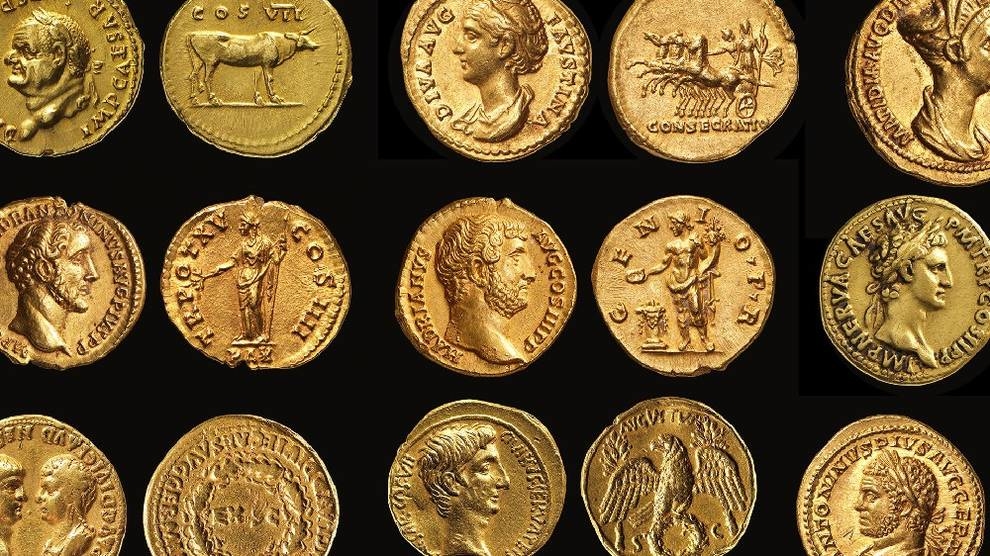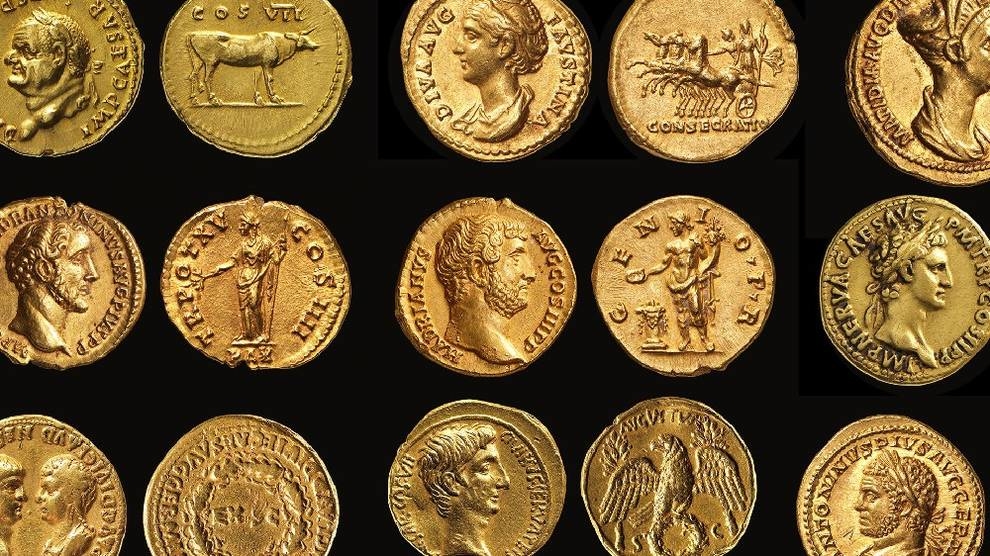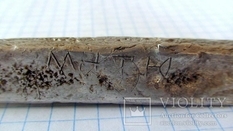
What does the price of a coin depend on?

Photo © google.com.ua
The price of a coin is probably one of the main parameters that predetermines its purchase. Let's see what it can depend on.
1. Rarity.
Each coin is minted by a certain circulation. And the smaller it is, the rarer the coin is, and, accordingly, its price is higher. But here we must also take into account the interest of collectors to specific coins.
2. Condition.
Identical coins of different degree of preservation can have a fairly large run-up in price. Although here it all comes down to rarity. As a rule, the old coins in excellent condition, much less than in satisfactory.
3. The content of the precious metal.
The content of gold and silver, which were used for minting, is a limit on the minimum cost. A coin cannot cost less than the metal from which it is made. In some cases, the demand for coins made of precious metals is lower than for regular coins. This is explained by the fact that many collectors cannot afford to overcome the minimum cost of metal in a coin and simply do not buy expensive coins.
4. View.
For coins minted from several tens of thousands of pieces, different sets of stamps are often used. Different stamps, in turn, may have interesting differences. Sometimes, at first glance, coins do not differ, but upon detailed examination even in practically identical coins one can find differences.
5. Age.
It is a mistake to think that the older a coin is, the more expensive it is. Here its fundamental role can be played by its rarity and condition. Although, the earlier a coin was issued, the other things being equal, it is more likely to be wiped in circulation or suffer from storage in inappropriate conditions and, consequently, become less likely.
Remember these options when buying or selling coins.


